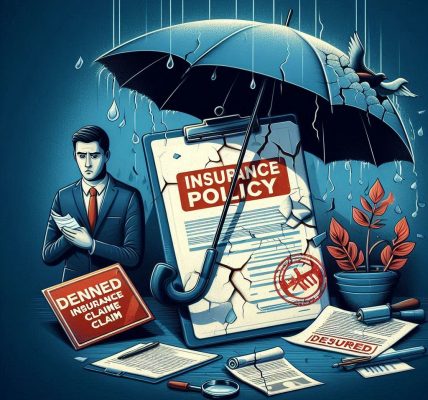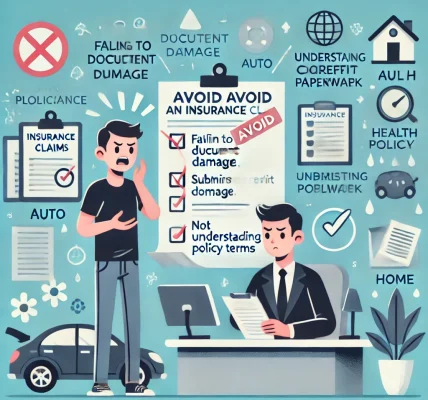Accidents can be overwhelming, but taking the right steps immediately afterward can make the insurance claim process smoother and ensure you receive fair compensation. This comprehensive guide will walk you through the essential actions to take after an accident, helping you navigate the claim process effectively and avoid common pitfalls.
1. Ensure Safety First
1.1 Check for Injuries
- Assess yourself and passengers for any injuries.
- If anyone is injured, call emergency services immediately.
1.2 Move to a Safe Location
- If it is safe and possible, move your vehicle out of traffic to prevent further accidents.
- Turn on hazard lights to alert other drivers.
1.3 Call the Police
- A police report is often required for insurance claims.
- Provide accurate information to the authorities, but avoid admitting fault.
2. Gather Evidence at the Scene
2.1 Take Photos and Videos
- Capture images of vehicle damage, license plates, road conditions, and any injuries.
- Record video footage if possible to provide a better perspective of the accident.
2.2 Collect Witness Statements
- If there are any witnesses, ask for their contact details and a brief account of what they saw.
- Their statements can help strengthen your claim.
2.3 Exchange Information with Other Parties
- Obtain the following details from all involved parties:
- Full name and contact details
- Insurance company and policy number
- Vehicle details (make, model, color)
- Driver’s license and license plate number
3. Notify Your Insurance Company
3.1 Report the Accident Immediately
- Contact your insurance provider as soon as possible.
- Provide all necessary details but avoid speculating about fault.
3.2 Understand Your Coverage
- Review your policy to know what is covered, including medical expenses, property damage, and liability coverage.
- Ask about the claim process and required documents.
4. Seek Medical Attention
4.1 Get a Medical Check-up
- Even if you feel fine, some injuries may appear later.
- Keep records of medical visits, prescriptions, and doctor’s reports for your claim.
4.2 Follow Treatment Plans
- Insurance companies may deny claims if they suspect negligence in following medical advice.
5. File Your Insurance Claim
5.1 Submit Required Documentation
- Provide the insurer with:
- A copy of the police report
- Photos and videos of the accident
- Medical bills and repair estimates
- Witness statements (if available)
5.2 Cooperate with the Insurance Adjuster
- The insurer may send an adjuster to assess damages.
- Be honest but cautious in your statements to avoid misinterpretation.
5.3 Review Settlement Offers Carefully
- Ensure the offered compensation covers all expenses.
- Negotiate if you believe the payout is insufficient.
6. Common Mistakes to Avoid
6.1 Admitting Fault at the Scene
- Avoid saying phrases like “I’m sorry” as they may be interpreted as admitting liability.
6.2 Delaying Medical Treatment
- Insurance companies might argue that injuries were not serious if treatment was postponed.
6.3 Not Keeping Copies of Documents
- Always maintain copies of all submitted paperwork and correspondence with your insurer.
6.4 Accepting the First Settlement Offer
- Initial offers are often lower than what you may be entitled to. Consider consulting a legal expert before accepting.
7. What to Do If Your Claim Is Denied
7.1 Understand the Reason for Denial
- Common reasons include lack of coverage, missing documentation, or delayed reporting.
7.2 Gather Additional Evidence
- Provide supplementary proof, such as additional medical records or an independent repair estimate.
7.3 File an Appeal
- Follow your insurer’s appeal process to request a review of the decision.
- If necessary, seek legal advice or contact an insurance claims advocate.
Final Thoughts
Filing an insurance claim after an accident doesn’t have to be stressful if you follow the right steps. Ensuring safety, gathering proper evidence, and cooperating with your insurance company can make the process smoother and improve your chances of receiving fair compensation.
By staying informed and prepared, you can handle the aftermath of an accident with confidence and secure the financial support you need.




